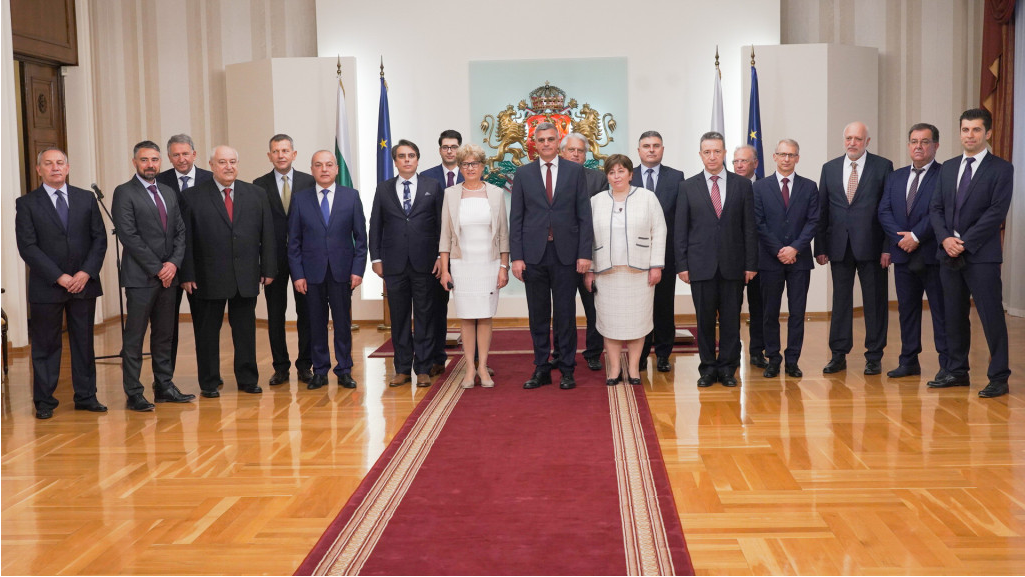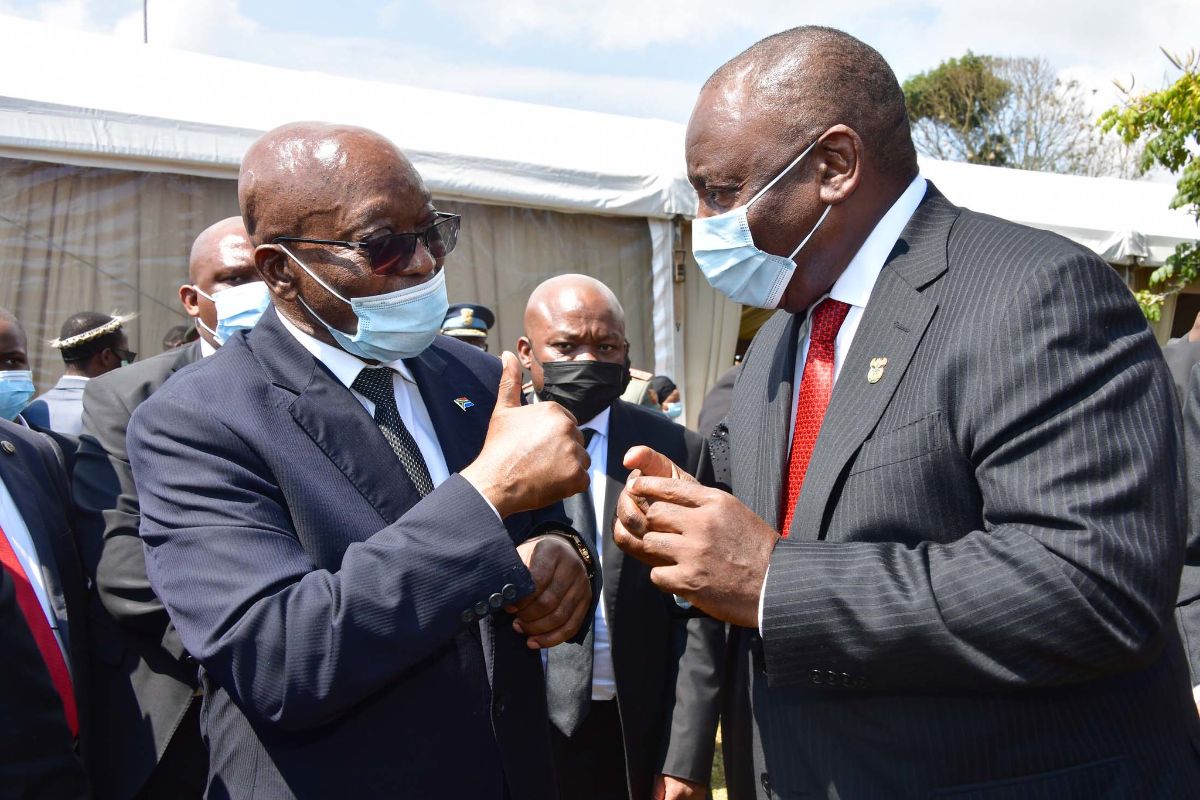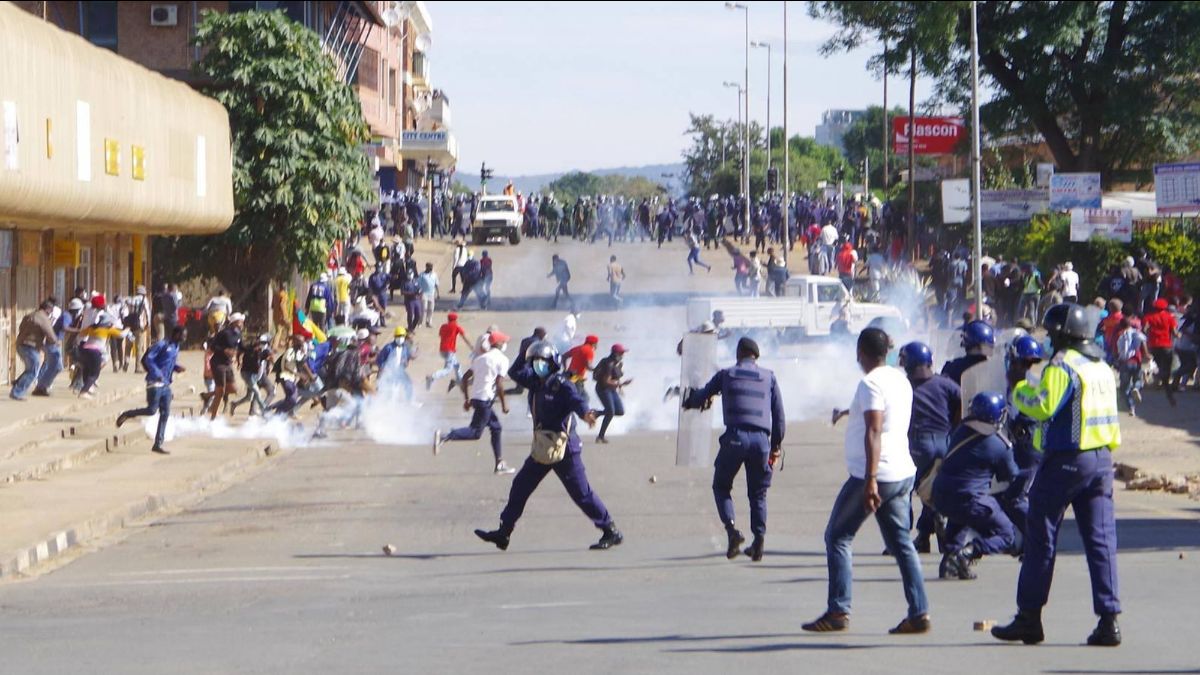Welcome to Factal Forecast, a look at the week’s biggest stories and what they mean from the editors at Factal. We publish our forward-looking note each Thursday to help you get a jump-start on the week ahead. If this email was forwarded to you, and you like what you see, you can subscribe for free.
A look ahead:
July 9/ Olympic torch relay arrives in Tokyo: More than a year after the 2020 summer games were postponed, the Olympic torch relay finally arrives Friday in the Japanese capital engulfed in rising concerns over the sporting event.
- What’s happened so far: This year’s torch relay will be different from prior editions in order to prevent the spread of coronavirus. Although the torch was originally going to be carried in a parade through the city center until July 23, when the opening ceremony will be held, new plans involve lighting ceremonies across Tokyo without public spectators. Organizers also plan to switch the relay route to less populated areas of the city during the first eight days to further curb the virus’ spread. The torch will then be taken to Tokyo’s National Stadium, marking the start of the international competition.
- The impact: While Japan has not been hit as hard by the pandemic as other nations, vaccination rates remain as low as 10 percent of the population and just this week Tokyo declared a state of emergency due to a recent surge in cases. That may not only alter the torch relay plans, it could very well lead to Olympic events in Tokyo to go on without spectators. What’s more, there’s also talk of other prefectures possibly extending their states of emergency, which could lead to even more events without spectators.
July 11/ Elections in Moldova: The Pro-Russian Socialist government will go up against the Action and Solidarity party (PAS) on Sunday in Moldova’s parliamentary elections. Polling suggests that PAS, led by President Maia Sandu, is currently the favorite to win.
- What’s happened so far: Sandu, the country’s first female president, called the snap election in April after the constitutional court canceled a state of emergency introduced during the pandemic. Sandu won a landslide victory in November 2020, but she has accused parliament of trying to sabotage her presidency after it refused to appoint her prime ministerial choices. More recently, there have also been disputes over whether polling stations should be opened in the breakaway territories of Transnistria on the Ukrainian border.
- The impact: The elections could bring greater political stability to a country whose society remains highly polarized along pro-Russian and pro-European lines. If PAS wins, the balance of power would likely tip away from pro-Russian factions. But election observation organizations have warned of issues in the electoral process, citing undeclared financial expenses and intimidation against candidates.

July 11/ Bulgarian snap parliamentary election: Bulgaria’s President Rumen Radev announced new elections will take place on Sunday after parties voted into parliament following elections in April failed to form the required majority to govern.
- What’s happened so far: An inconclusive election on April 4 left the Bulgarian parliament fragmented, with Prime Minister Boyko Borissov’s GERB party finishing in first place but with only 26 percent of the votes. After GERB and the second- and third-largest parties failed to form coalition governments, retired general Stefan Yanev was appointed interim prime minister until this month’s election.
- The impact: In the aftermath of the April elections, the short-lived parliament changed some of the country’s electoral laws, removing voting restrictions for Bulgarians living abroad. But when negotiations failed to form a coalition government, Yanev was tasked to lead the government until the next elections. He has since been trying to restore stability after month-long anti-government protests, while also managing the coronavirus pandemic. Polls suggest GERB remains the most popular party, but its main rival, Trifonov’s There Is Such a People, is a close second.
July 11/ Trump to deliver closing remarks at CPAC: Former U.S. President Trump will give the closing speech at the Conservative Political Action Conference in Dallas on Sunday.
- What’s happened so far: This will mark the second time since leaving the presidency that Trump will address a CPAC crowd — his first was in Orlando in late-February. It also comes following a high-profile rally in Florida during which Trump continued to parade the notion that he won the 2020 election.
- The impact: While he hasn’t officially announced his intentions, he has consistently alluded to the prospect of once again running for office in 2024. That Trump is the keynote speaker at CPAC shows he continues to command the Republican Party like no other politician and will continue to dangle endorsements of other candidates in exchange for fealty.

July 11/ Virgin Galactic test flight: A new era of space tourism kicks off on Sunday when billionaire Richard Branson will go to space aboard his Virgin Galactic ship.
- What’s happened so far: Starting in 2001, a company called Space Adventures partnered with the Russian government to send fee-paying tourists into space aboard the Soyuz capsule. Clients, such as Cirque du Soleil founder Guy Laliberté, have paid millions of dollars to go to the International Space Station. Around the same time, billionaire businessmen started forming their own private space companies, including Jeff Bezos’ Blue Origin, Elon Musk’s SpaceX, and Branson’s Virgin Galactic. They’ve had their successes and failures, including in 2014 when a Virgin Galactic test pilot died in a crash. Last month, Bezos announced he would go to space on July 20. A few days later, Branson announced he would go to space nine days before Bezos.
- The impact: Over the years, each man has built up their respective companies, calling them a way to help humanity leave a damaged Earth. This launch is also important for the burgeoning commercial space tourism and travel industry. If something goes wrong during this high-profile flight, it could set the industry back decades.
July 12/ Former South Africa President Jacob Zuma hearing: On Monday, South Africa’s Constitutional Court is scheduled to hear former President Jacob Zuma’s challenge against his jail sentence. The same court sentenced Zuma to 15 months jail for failing to appear in court in a corruption case.
- What’s happened so far: Zuma was supposed to present himself to police for arrest by July 4. Instead, he held a press conference at his homestead in Nkandla and claimed his “punitive jail sentence without trial” was a sign that the country was “sliding back to apartheid rule.” He then waited until early July 8 to comply with the incarceration order, handing himself into a correctional facility in KwaZulu-Natal. His legal team also argued before the Pietermaritzburg High Court on July 6, asking the court for a stay of his arrest pending his application in the Constitutional Court.
- The impact: The Pietermaritzburg court judge is expected to hand down his decision on Friday, but with Zuma turning himself in it’s unclear what effect that will have. Police officials previously said they wouldn’t act on arrest orders until after the Constitutional Court rules. Once the top court does rule, Zuma may find himself incarcerated for a while. If that happens, many will be watching to see how he and his supporters react. It also remains to be seen how this situation could impact his other corruption charges.

July 13/ Major League Baseball All-Star Game in Denver: Coors Field in Denver will play host to MLB’s 91st annual Midsummer Classic on Tuesday evening.
- What’s happened so far: MLB announced in April it would move the game from Atlanta, after new voting laws were enacted that critics claimed severely restricted ballot access and targeted Black residents who helped propel Democrats to victory in the presidential election and Senate run-offs. Commissioner Rob Manfred said the move was, “the best way to demonstrate our values as a sport,” but drew the ire of Georgia Gov. Brian Kemp, among other Republicans, who said the league “caved to fear, political opportunism and liberal lies.” Meanwhile, a federal judge rejected a lawsuit in June that aimed to force MLB to bring the game back to Atlanta, saying the conservative small-business advocacy group that brought the suit lacked legal standing and failed to prove its members were irreparably harmed by the move.
- The impact: Local officials in Atlanta have claimed losing the game would have a $100 million economic impact on the state, while Denver Mayor Michael Hancock suggested a similar boon for his region.
July 14/ Bastille Day military parade in Paris: France’s traditional military parade through central Paris will take place Wednesday, on the country’s national day, after it was canceled last year due to the coronavirus pandemic.
- What’s happened so far: The 2020 parade was replaced with a ceremony honoring healthcare workers, marking the first time since World War II that a military parade did not take place on Bastille Day. The theme of this year’s celebration is “Winning the Future” and is designed to represent both the country’s future post-pandemic and the use of new technologies during high-intensity military operations. Some coronavirus measures, including social distancing and mandatory mask wearing, are likely to be in force.
- The impact: France’s President Macron will make the customary address, amid reports he is considering reviving controversial pension reforms, which led to widespread protests and strike action in late 2019 and early 2020. The reforms were shelved due to the coronavirus pandemic. French Finance Minister Bruno Le Maire has expressed support for bringing back the plans, but cautioned over the potential for new protest action ahead of next year’s presidential election.

What else matters:
Eswatini protests:At least 20 people have been killed in Eswatini and 150 others injured after the country’s military instigated a crackdown against protesters calling for a transition to democratic rule. Demonstrations broke out in the country, Africa’s last absolute monarchy, in early May following the alleged police killing of law student Thabani Nkomonye. As the student-led protests grew and garnered the support of opposition leaders and parliamentarians, footage (graphic) has shown security forces beating demonstrators and firing live ammunition. The government implemented an overnight curfew and reportedly ordered telecommunications networks to block internet access to prevent information about the demonstrations from circulating.
- Watch for: The UN human rights body has called the violence in Eswatini “deeply concerning” and has called on the government to open a dialogue to address protesters’ demands. The South African Development Community dispatched a mission to the country and met with several civil society organizations; a second mission is planned, although a date for this has not yet been set. While the situation now appears to have calmed, with many emaSwatis reportedly returning to work and businesses resuming operations, it’s unclear whether any lasting progress has been made toward achieving democratic rule in Eswatini.
Afghanistan troop withdrawal: This week’s departure of the last U.S. and NATO forces from Bagram Airfield, the most important military installation in Afghanistan, brought fresh questions about the future security of the country and the viability of its peace process. The remaining U.S. troops reportedly left in the middle of the night, leaving behind equipment and armored vehicles. The Pentagon has sought to lessen the blow of recent withdrawals keeping one of its top commanders in Afghanistan. In June, President Joe Biden, who ordered the total withdrawal by September 11, met with Afghan President Ashraf Ghani and sought to reassure him that there would be a sustained partnership between their nations.
- Watch for: The Taliban plans to present its own peace plan at talks as early as next month, Reuters reports, amid attempts to restart the process. Previous efforts and truces, however, have led to continued violence. Afghan news source TOLO reported in June that fighting has broken out in at least 80 of the country’s 400 districts. A senior Afghan commander told BBC News that he expected the Taliban to take the strategically vital Bagram Airfield. Intelligence analysts have warned that the Afghan government could fall in as little as six months following a total withdrawal, the New York Times reports.
Extended outlook: What’s on our radar in the coming weeks
July 9: Isaac Herzog to be inaugurated as president of Israel; plea hearing set in Sarah Everard murder trial; Olympic torch relay arrives in Tokyo
July 10: 2021 Copa América Final in Rio de Janeiro, Brazil
July 11: Elections in Moldova; Bulgarian parliamentary election; Virgin Galactic test flight; former President Trump to deliver closing remarks at CPAC; UEFA Euro 2020 Final
July 12: Former South African President Jacob Zuma hearing
July 13: 2021 Major League Baseball All-Star Game in Denver
July 14: Bastille Day military parade in Paris
July 16: Bank of Japan meeting
July 19: International travel could resume in Ireland; England could lift most coronavirus restrictions
July 20: Planned launch of first crewed flight aboard Blue Origin’s New Shepard
July 22: European Central Bank monetary policy meeting in Frankfurt
July 23: Tokyo Summer Games
July 25: Azad Kashmir holds general election
July 26: Expected end of trial for deposed Myanmar leader Aung San Suu Kyi
July 27: Runoff election for Texas’ 6th congressional district
July 28: Pedro Castillo to be sworn in as president of Peru
July 30: Planned launch of Boeing Starliner Spacecraft 2
Aug. 1: U.S. federal debt ceiling to go back into effect without legislative action
Aug. 2: 54th ASEAN Foreign Ministers’ Meeting

